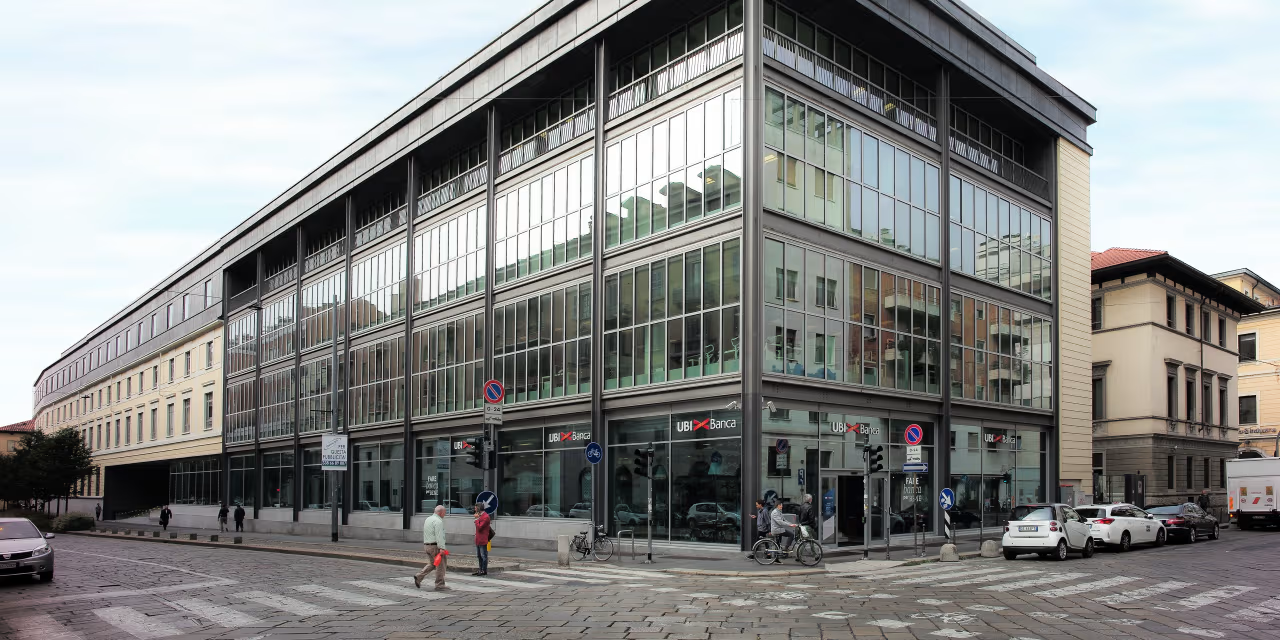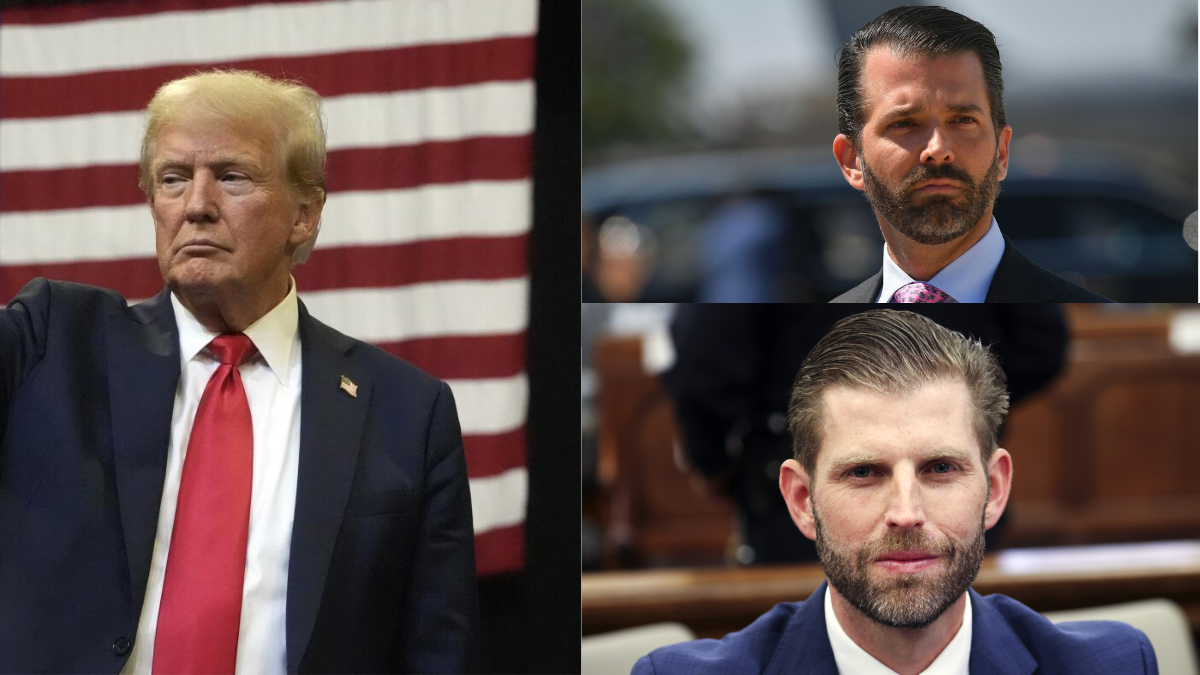
The world of high-end real estate often comes with a complex web of legal and financial intricacies, especially when allegations of misconduct are involved. Recently, in Milan, a prominent real estate magnate found himself at the center of a high-profile investigation. The case garnered significant media attention, raising questions about the legal proceedings, the evidence involved, and the wider implications for Italy’s real estate industry. This article delves into the details of the case, the reasons behind his recent release, and what this means for the broader landscape of property development and legal accountability in Italy.
The Background of the Investigation
The Rise of the Real Estate Magnate
The individual at the heart of this investigation is a well-known figure in Italy’s real estate scene. Over the past decades, he built a reputation as an astute investor and developer, specializing in luxury properties in Milan and other key Italian cities. His portfolio includes some of the most iconic buildings and sprawling residential complexes, positioning him as an influential player in the market.
His success, however, was not without controversy. Accusations of financial misconduct, tax evasion, and illegal property dealings have circulated for years, though concrete legal action was only recently initiated. The authorities started scrutinizing his business practices amid broader efforts to combat corruption and ensure transparency within Italy’s property sector.
The Nature of the Milan Property Probe
The investigation initially focused on several properties in Milan believed to be involved in illicit activities, including money laundering, tax evasion, or the use of offshore accounts to hide assets. According to sources, investigators collected evidence suggesting irregularities in property transactions, such as suspicious funding sources and discrepancies in property valuations.
During the course of the inquiry, law enforcement agencies conducted raids and detained some associates linked to the magnate. The case quickly gained national prominence, reflecting both the high-profile nature of the individual involved and ongoing concerns regarding the integrity of Italy’s real estate transactions.
The Court Proceedings and the Arrest
Initial Arrest and Allegations
The arrest of the real estate mogul was a pivotal moment in the case. Law enforcement accused him of complicity in financial crimes and illicit property dealings. The arrest was made based on evidence suggesting he might have been attempting to evade taxes and launder money through complex property transactions.
Following the arrest, the media extensively covered the story, framing the magnate as a symbol of the ongoing battle against corruption in Italy. Critics argued that high-profile arrests can sometimes be politically motivated or driven by other external pressures, but supporters maintained that the rule of law must be upheld regardless of the individual’s status.
The Controversy Over Detention
Legal experts and the public debated whether the detention was justified, given the evidence and legal standards in Italy. The case prompted discussions about trial procedures, the presumption of innocence, and the appropriate measures to balance justice with individual rights.
The Court’s Decision to Free Him
Reasons Behind the Release
Recently, the Italian court decided to free the real estate magnate, citing insufficient evidence to justify continued detention. The court emphasized that under Italian law, detention should only be used when there is a clear risk that the accused might flee, tamper with evidence, or obstruct justice. In this case, the judge concluded that these risks were not substantiated to warrant holding him in custody.
This decision highlights the principles of fairness and due process that underpin Italy’s judicial system. It also raises questions about the strength of the evidence against him and whether further investigation might lead to different legal actions in the future.
Implications of the Court’s Ruling
The release of such a prominent figure underscores ongoing challenges in balancing legal scrutiny with presumption of innocence. It also impacts public perception, with some viewing the court’s decision as a sign of judicial independence, while others remain cautious about possible loopholes or insufficient accountability mechanisms.
For the real estate industry, the case serves as a reminder that even the most influential developers are not immune to legal review, yet it also demonstrates the importance of adhering to lawful practices and transparency to avoid future legal issues.
Future Prospects and Broader Impact
What Lies Ahead for the Magnate
The court’s decision does not mark the end of the case. Investigators are expected to continue their inquiries, gather further evidence, and possibly return to prosecutors with new findings. The mogul might face subsequent legal actions depending on the outcome of ongoing investigations.
He has publicly asserted his innocence, claiming that his business dealings were transparent and compliant with legal standards. His legal team is reportedly preparing to challenge the current ruling and seek dismissal of the charges.
Impact on Italy’s Real Estate Sector
This incident has spurred a broader conversation about regulation, transparency, and accountability within Italy’s real estate market. Stakeholders are calling for more stringent oversight, especially regarding high-value transactions and offshore dealings. Policymakers are under pressure to strengthen laws that prevent corruption and ensure fair play in property development.
Moreover, this case may influence future legal practices in Italy, encouraging more rigorous investigations and accountability for those in positions of power. It also underscores the importance of adhering to ethical standards to sustain investor confidence and the country’s reputation as a safe investment destination.
Conclusion
The recent decision by the Italian court to free a high-profile real estate magnate amid an ongoing Milan property investigation exemplifies the complexities of legal processes involving influential figures. While allegations of misconduct cast a shadow over his reputation, the principle of judicial fairness remains paramount. As investigations continue, the case will likely serve as a benchmark for transparency and accountability in Italy’s booming property industry.
Ultimately, this case reminds us that no individual is above the law, and the pursuit of justice must be steadfast, transparent, and based on solid evidence. The ongoing developments will undoubtedly influence Italy’s legal landscape and real estate practices for years to come.
For more updated news please keep visiting Prime News World.








